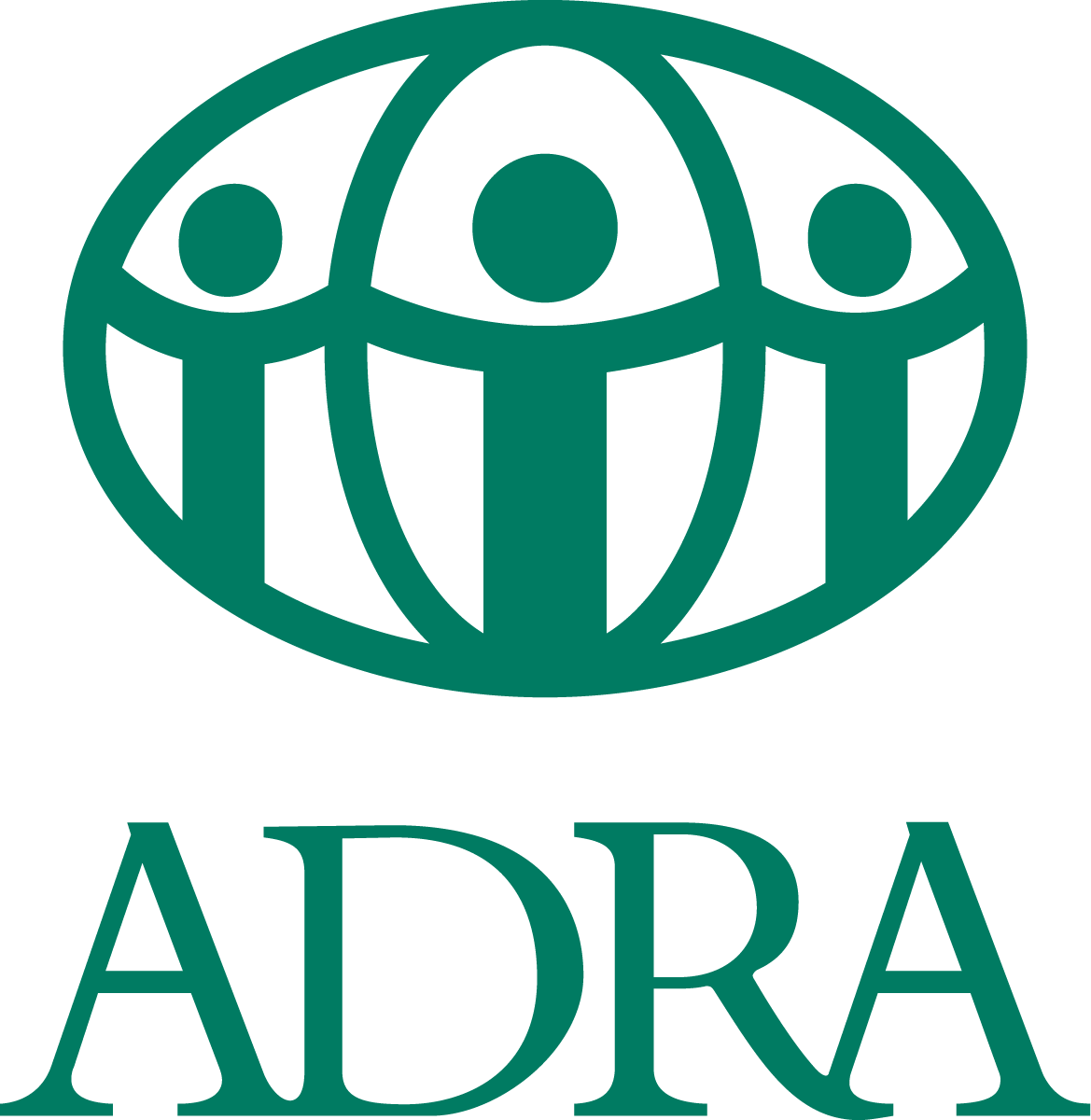In the book of Nehemiah, we encounter a man whose heart broke for his people long before his hands began to rebuild their city. Nehemiah didn’t wait for the perfect conditions or a formal title. Instead, he responded to the suffering of Jerusalem with prayerful conviction, taking bold action rooted in faith. His story is not just a historical account of rebuilding walls—it’s a spiritual and practical framework for the kind of leadership we are called to embrace in the humanitarian world today.
At ADRA Asia, leadership is more than strategy—it is stewardship. Our calling compels us to lead with compassion, clarity, and character. This is where the principles of conscious leadership become especially powerful. In today’s organisational and faith-based landscapes, conscious leadership is a model that emphasises leading with self-awareness, humility, and intentionality. It’s about being “above the line”—operating from a place of openness, responsibility, and alignment with core values, rather than “below the line,” where fear, blame, and ego dominate.
Nehemiah exemplified this kind of leadership centuries before these terms were coined. When he heard of Jerusalem’s broken walls and the despair of its people, he didn’t react impulsively or assign blame. Instead, he wept, mourned, fasted, and prayed (Nehemiah 1:4). This posture of humility and discernment set the tone for everything that followed. His leadership began in the secret place with God—not in the public square. That foundation is what allowed him to lead with integrity under pressure, to unite a scattered people around a common cause, and to overcome intense external opposition without losing sight of the mission.
“We are not just building shelters or providing aid—we are restoring dignity, hope, and the image of God in broken places.”
As leaders in humanitarian work, we often find ourselves navigating crisis, limited resources, and the emotional weight of human suffering. The temptation to slip into reactive or defensive modes—”below the line” behavior—is real. Yet, conscious leadership invites us to pause, to reflect, and to choose a better response. It asks us: Are we leading from fear or from faith? From control or from compassion?
At ADRA Asia, we are intentionally adopting this model. Conscious leadership is becoming not just a leadership style but a cultural shift—one that influences how we communicate, how we collaborate, and how we care for our teams and communities. It teaches us to take radical responsibility, to engage in curious dialogue rather than fixed positions, and to recognize our emotional triggers so that we can respond rather than react. These principles aren’t just helpful; they are biblical.
Romans 12:2 reminds us: “Do not conform to the pattern of this world, but be transformed by the renewing of your mind.”True transformation in leadership begins internally. The more aware we are of our thoughts, beliefs, and behaviors, the more we can align our leadership with Christ’s example. Jesus Himself led with empathy, asked powerful questions, and often withdrew to pray before taking significant action. Nehemiah did the same.

One of the most profound elements of Nehemiah’s leadership was his ability to unify people with different backgrounds, skills, and perspectives around a single, God-given purpose. He delegated wisely, honored contributions, and equipped others to lead. He understood that sustainable change doesn’t come from one person doing everything—it comes from empowering others to do their part. In the same way, our work at ADRA is not carried by individuals alone, but through shared leadership and mutual support across 17 country offices and countless partners and volunteers.
Another key trait of Nehemiah was his spiritual resilience. When enemies mocked, threatened, and tried to distract him, he simply replied, “I am doing a great work and I cannot come down” (Nehemiah 6:3). What clarity. What courage. This verse serves as a powerful reminder for us: that when our work is deeply rooted in God’s calling, no distraction or opposition should shake our focus.
We live in a world that desperately needs redemptive leadership—leaders who rebuild what’s been broken, restore what’s been lost, and reconcile what’s been divided. ADRA is not just an agency that provides aid; it is a movement of people inspired by Jesus’ compassion and committed to justice. Every shelter we construct, every child we educate, every village we empower is a modern-day act of restoration, echoing Nehemiah’s mission to rebuild Jerusalem.
“True leadership doesn’t seek the spotlight—it seeks to restore. It’s not driven by applause, but by conviction. Like Nehemiah, we carry on—not because the path is easy, but because the mission matters.”
Leadership in this space is not about recognition or applause. It is about redemption. It is about purpose. The kind of leadership we live out is grounded not in ease or convenience, but in the sacredness of the calling we carry. Like Nehemiah, we move forward with resolve—not because the work is simple, but because it is significant.
With open hands, attentive hearts, and Spirit-led vision, we build. We restore what is broken. We uplift what has been cast down. And in every act of compassion, every plan drawn, and every hand extended, we reflect not only the mission of ADRA—but the deeper, eternal mission of Christ alive in us.

Frank Reimann
Regional Director, ADRA Asia
Frank brings decades of leadership experience in the humanitarian sector and currently oversees the strategy, vision, and growth of 17 ADRA offices across Asia. His writing reflects a blend of spiritual insight, practical leadership, and deep compassion for people.
Read more articles by Frank


